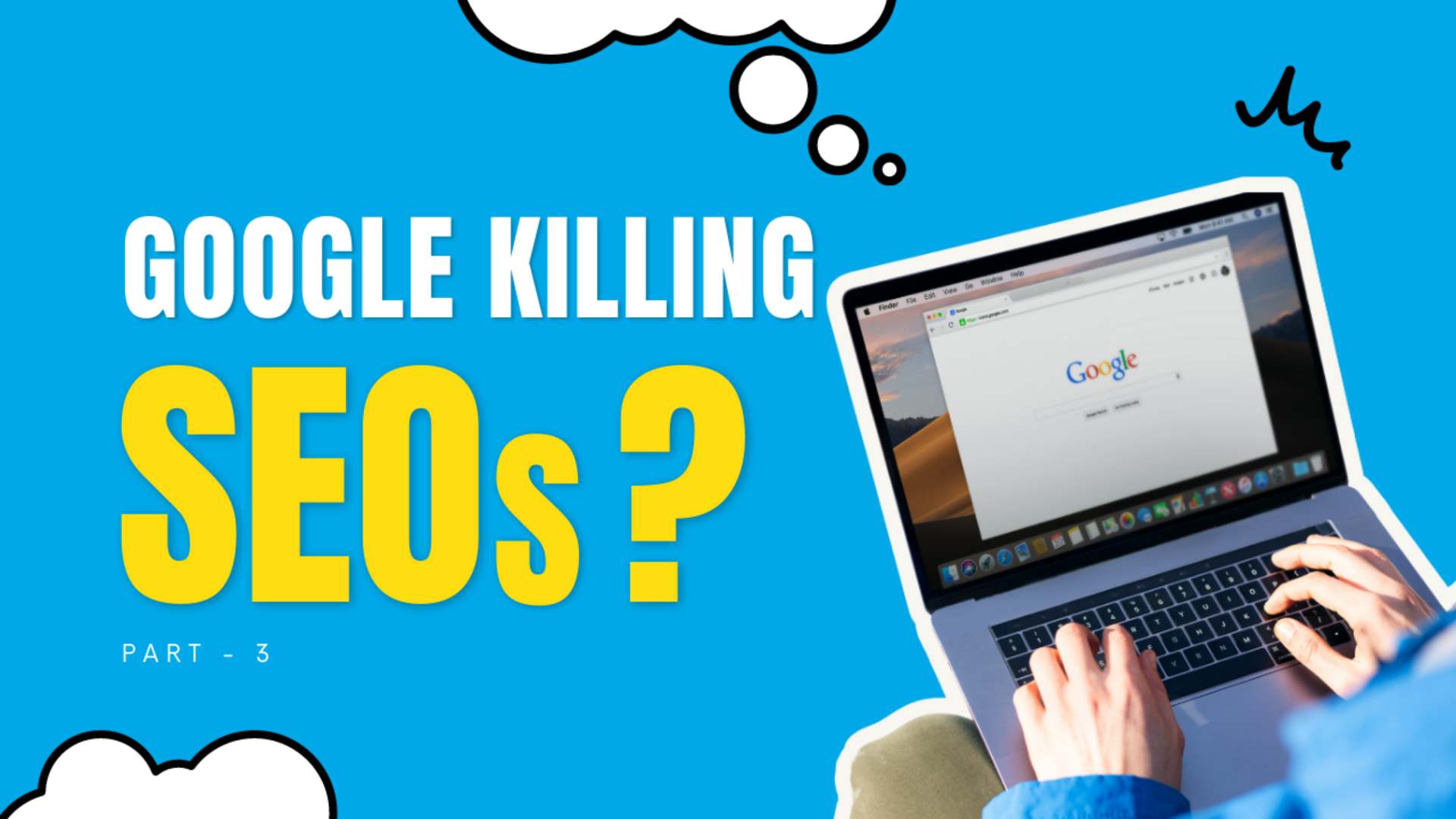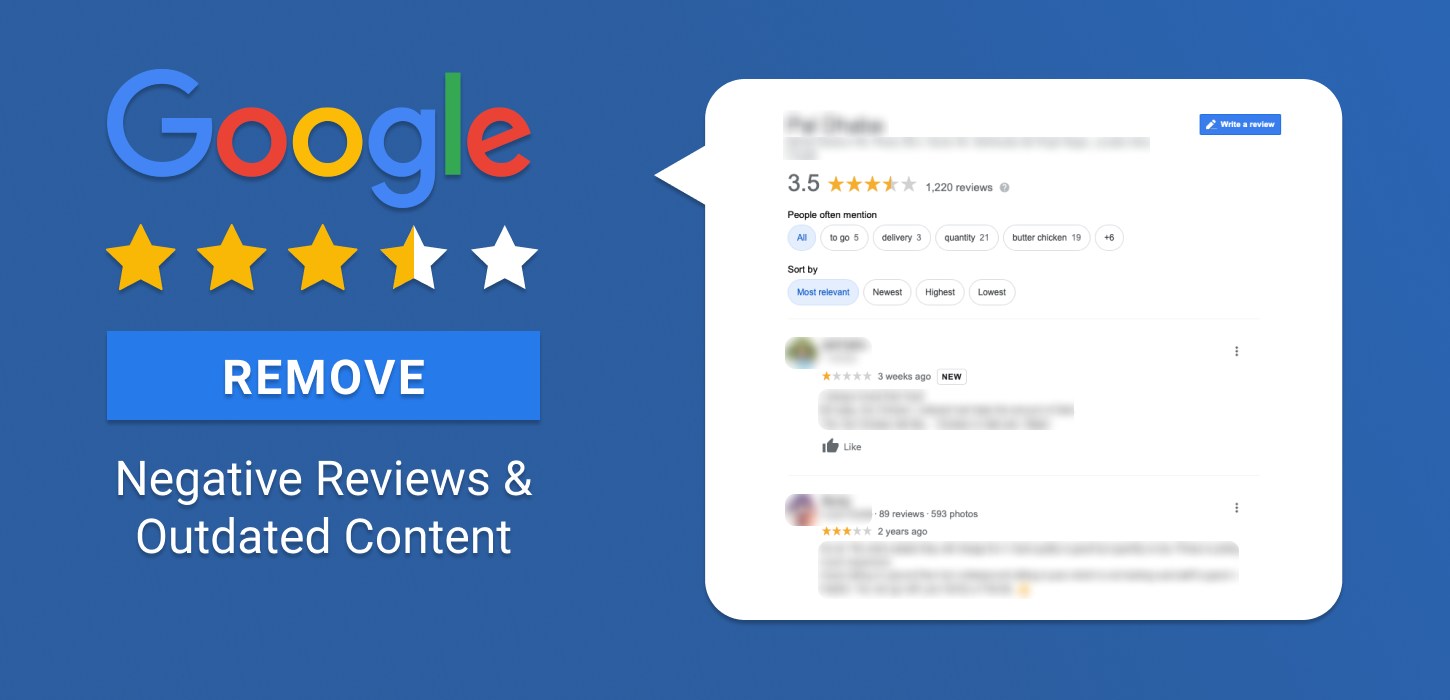Google’s objective is to anticipate what we think we want and what results we want to obtain when typing the query in the search bar. Therefore, SEO has to be adaptive and intuitive to capture the changing nature of people’s minds. The following are some cases that require deep consideration. Is Google the SEO killer? You may think of Google as the criminal who brought SEO down, but after learning the rationale behind Google’s changes, you will decipher fact from fiction.
SEO experts currently use a keyword stuffing method to improve their ranking in search results.
However, this tactic is totally ineffective. Keyword stuffing bothers readers. In order to improve the quality of search results, Google introduced Panda to penalize those websites which use repetitive keywords or phrases. A professional SEO company will know what Google wants and will not use the same keyword throughout the content, but instead use different words with the same or similar meanings.
In August 2013, Google stopped using original-keywords research on its keyword tool.
Instead, Google uses AdWords keyword planner. Only those customers who have an AdWords account can use the new AdWords keyword planner. This sudden change resulted in many questions being asked: Is Google eliminated the need for SEO and organic searches? This new planner doesn’t use match-type data for search volume, device targeting, or local versus global monthly searches. Obviously, Google wants to eliminate SEO, which uses too many repetitive keywords, and search volume research for organic SEO.
In December 2012, Raven, a famous keyword-rank tracking tool, was forced to suspend its services after it failed to pass a Google AdWords audit.
This news astonished both SEO companies that use this tool to track their competitors’ performance and individuals who use Raven for Google rankings. It seems that Google is trying to end SEO ruthlessly. Google is expected to cancel application-programming interface (API) access from other similar service providers like MySEOTool and AuthorityLabs. Google’s explanation was that SEO companies should not focus on keyword ranking; rather, they should be concerned with actual reader conversion and return on investment (ROI). You can find all the information needed to track these from Google Analytics.
The change that frightened the SEO industry the most was the keyword category “Not Provided,” which indicates that Google eliminated organic keyword data. Currently, 93% of keywords are hidden by Google. This means that you have no idea what keywords were used by visitors to your website. Therefore, there is no means of knowing the keywords that bring the most traffic to your web; the details of the searches are kept confidential by Google. However, you can find the related data using Bing or Yahoo, which haven’t followed Google’s path.
You can reach two conclusions from the above cases: First, Google wants to eliminate SEO and prevent anyone from transcending their search algorithm. Second, Google wants to provide its visitors with more humane search results and emphasize user experience and technical performance to improve a website’s performance.
Certainly, Google has the right to change their method in a way that seems reasonable to the company in order to provide better service to its clients. However, Google will not completely eliminate the SEO industry. SEO will evolve and continue to develop, because it will aid businesses in ranking higher on Google.
You can only increase your traffic by using SEO. The next step is to ensure that those visitors become your regular clients. To derive a high ROI, you have to focus on the design of your website and user experience, which can maximize conversion and retention of your visitors.
Boost your digital marketing efforts.
Blue Ocean Global Technology can help you analyze your SEO strategies.












